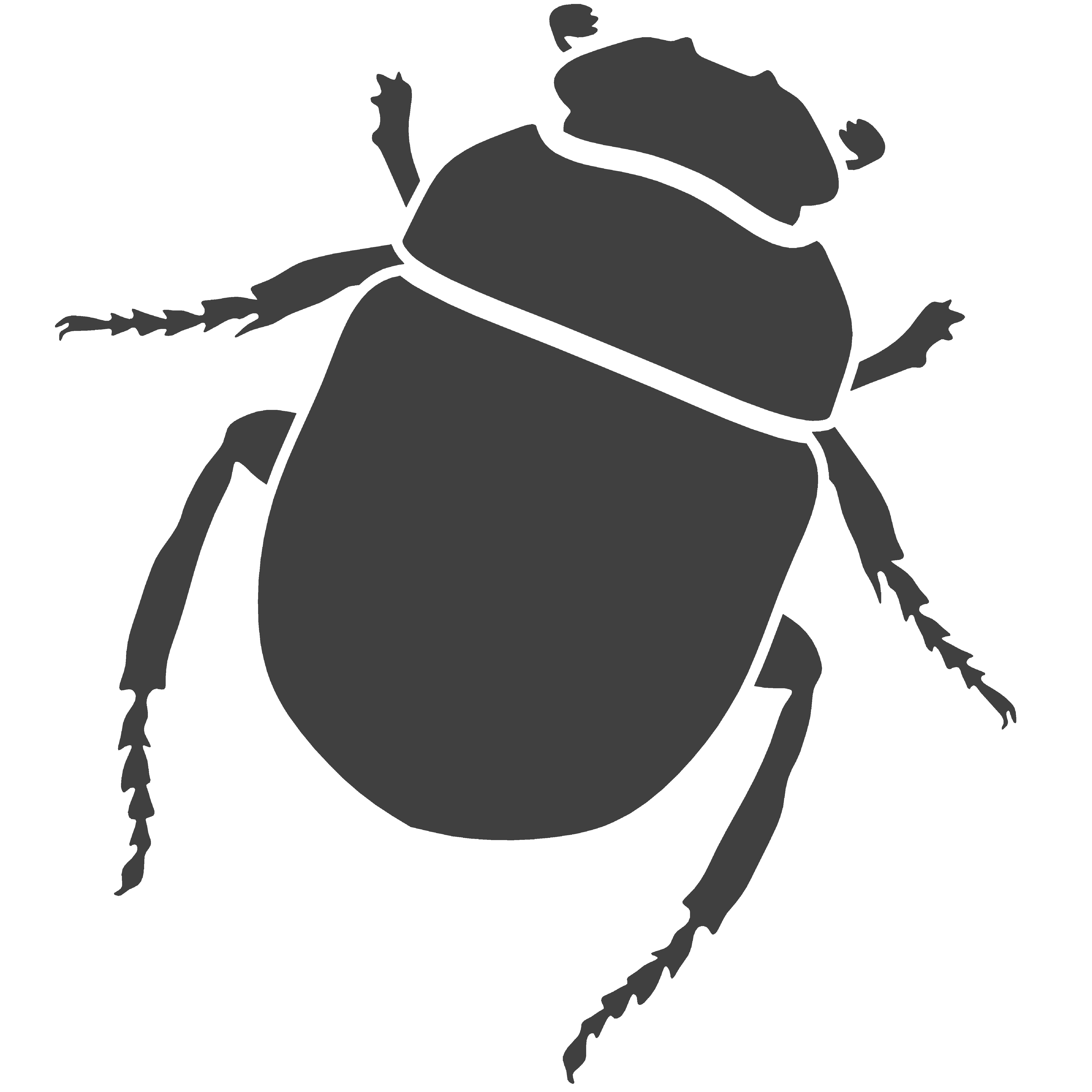Functions List
Constructive Solid Geometry
• union
The function union computes the union (U0 ∪ U1)
between a specified number of shapes. The union operation is commutative so the
shapes can be specified in any order.
Parameters:
s1, s2. s3. s4, …, sn – Shapes for union operation
Syntax:
(union s1 s2 s3 s4 … sn)
(union (list s1 s2 s3 s4 … sn))
Example:
> (let ((cube (box (xyz 0 0 0) (xyz 1 1 1)))
(sphere (sphere (xyz 0 1 1) 0.5)))
(union cube sphere))
#<delayed-union 2 ...>
• intersection
The function intersection computes the intersection
(U0 ∩ U1) between a specified number of shapes. The intersection operation is
commutative so the shapes can be specified in any order.
Parameters:
s1, s2. s3. s4, …, sn – Shapes for intersection operation
Syntax:
(intersection s1 s2 s3 s4 … sn)
(intersection (list s1 s2 s3 s4 … sn))
Example:
> (let ((cube (box (xyz 0 0 0) (xyz 1 1 1)))
(sphere (sphere (xyz 0 1 1) 0.5)))
(intersection cube sphere))
#<intersection 2>
• subtraction
The function subtraction computes the difference
(U0 \ U1) between a specified number of shapes. The subtraction operation is NOT
commutative so the shapes should be specified in the correct order – first the shape
to subtract from followed by the shapes that will be subtracted to the first.
Parameters:
s1, s2. s3. s4, …, sn – Shapes for subtraction operation
Syntax:
(subtraction s1 s2 s3 s4 … sn)
(subtraction (list s1 s2 s3 s4 … sn))
Example:
> (let ((cube (box (xyz 4 0 0) (xyz 5 1 1)))
(sphere (sphere (xyz 4 1 1) 0.5)))
(subtraction cube sphere))
#<subtraction 2>
• empty-shape
The function empty-shape defines the empty set or shape
that can be used as the neutral/identity element of union and subtraction operations.
Parameters:
n/a
Syntax:
(empty-shape)
Example:
> (empty-shape)
#<empty shape>
• universal-shape
The function universal-shape defines the set that contains
all objects, including itself. It can be used as the neutral/identity element for intersection
operations.
Parameters:
n/a
Syntax:
(universal-shape)
Example:
> (universal-shape)
#<universal shape>
 ROSETTA
ROSETTA